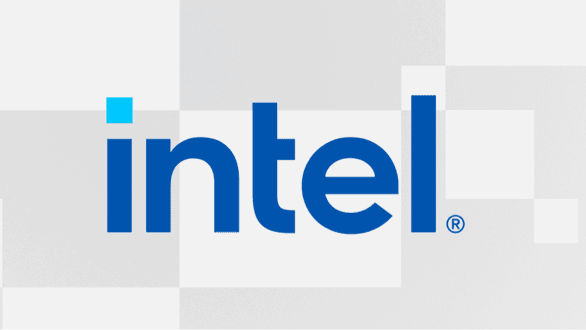- Joined
- Aug 25, 2015
- Messages
- 210 (0.06/day)
- Location
- Chicago, IL
| System Name | Mass Effect/Lost Ark |
|---|---|
| Processor | AMD Ryzen 5 5600X/AMD Ryzen 7 2700X |
| Motherboard | Asus ROG Strix X470-F Gaming/Asus ROG Strix B450-F Gaming II |
| Cooling | Noctua NH-D15S/AMD Wraith Max |
| Memory | G.Skill Ripjaws V Series 16GB (2x8GB) DDR4-3200/Corsair Vengeance RGB Pro 16GB (2x8GB) DDR4-3200 |
| Video Card(s) | MSI AMD Radeon RX 6750 XT Mech 2x/MSI AMD Radeon RX 5700 XT Mech OC |
| Storage | Samsung 860 Evo 500GB 2.5" SSDs x2, WD Black 4TB 3.5" 7200RPM, Samsung 970 EVO 500GB 1TB NVME M.2 |
| Display(s) | Acer XF270H 1920x1080p @ 144Hz |
| Case | Thermaltake Core P3 TG ATX Mid Tower/CoolerMaster MasterCase Pro 5 |
| Audio Device(s) | SteelSeries Actis Nova 3 RGB |
| Power Supply | Cooler Master V850 80+ Gold/Corsair CX650M 80+ Bronze |
| Mouse | Thermaltake Level 10 M/Logitech G502 |
| Keyboard | Corsair K70 RGB MK.2 Wired Gaming Edition/Steelseries Apex 3 RGB |
| Software | Windows 10 Pro OEM 64bit/Ubuntu 22.04.1 64bit |
Thankfully the last Intel 4 series build I have, has been retrofitted to my sons' Roblox/Fortnite system. The most intensive game they play on it is Destiny 2 and Warframe. Appreciate the heads up that the upcoming 12 series has the exact same bug.




